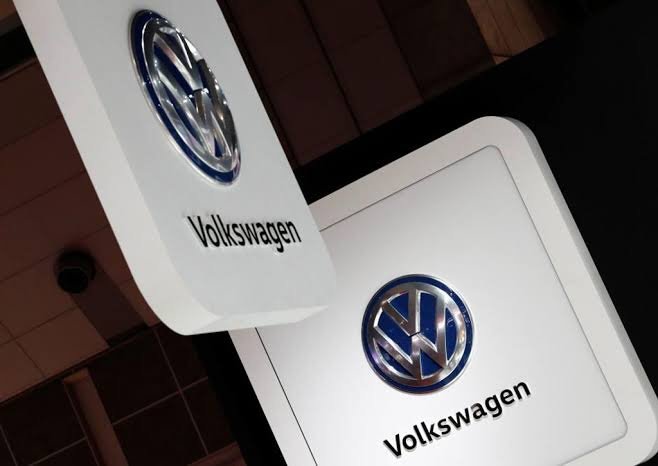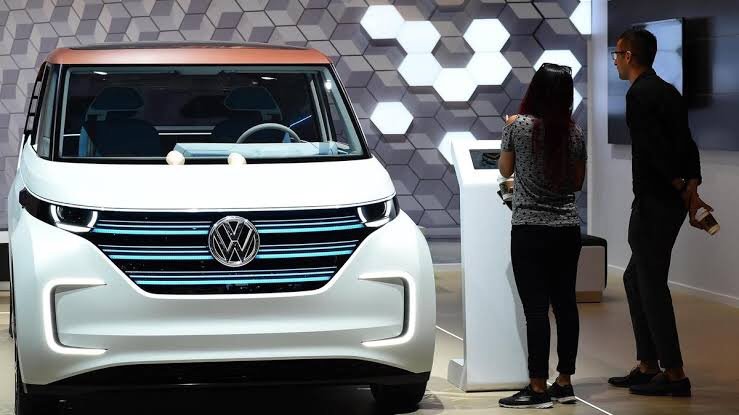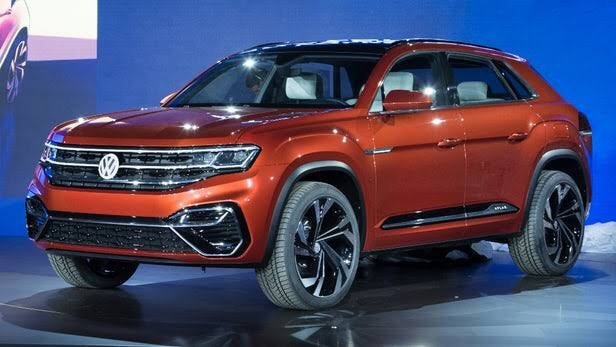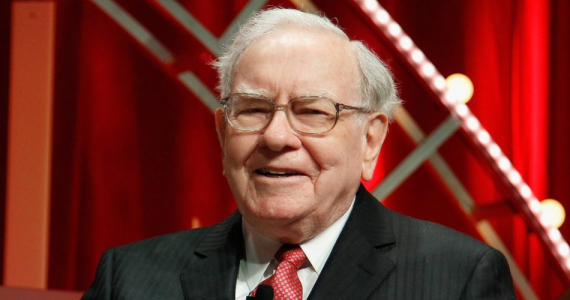Plans before 2023
Last Friday, Volkswagen while revealing the capacity of its zero-emission vehicles said it has the ability to build as many as fifteen million electric vehicles making use of its MEB car platform.
The carmaker is investing over 11 billion euros which are approximately $12.52 billion in electric-related and autonomous cars by 2023. The carmaker added that out of the total sum, it intends to allocate 9 billion euros toward the development of a series of electric vehicles. This accounts for over eighty percent of the total allocated sum.

The 15 million vehicles stand as a correction to an earlier mentioned 50 million figure by the CEO of the Company, Herbert Diess, in an earlier granted interview with a media outlet. The company previously stated that it has plans to make ten million cars in the first batch of its fully electric vehicles which are reasonably priced.
Volkswagen has plans to have twenty-seven electric cars models already in production stage by the ending of 2022 and the cars will be under Audi, Skoda, and Volkswagen. It is expected that the very first models would be released in 2019. According to the media outlet, it forms an integral step in the carmaker’s strategy for exiting combustion-engine models.
About MEB System
The move is based in the Modular Electrification Toolkit System (MEB) which according to Volkswagen it has been developing for about three years.
The MEB system according to VW is a collection of electric-vehicle building blocks which consider the different types of drive trains, axles, weight ratios and wheelbase that such cars need in building the cars.

At the moment, VW is currently embarking on a conversion of quite a number of its factories based in Europe for building electric vehicles and not combustion-engine vehicles.
Possible Expansion
Upon release in 2019, it plans to expand the lineup so that it includes van, sedan, and crossover. Come 2025, Volkswagen has plans for the sale of 1 million electric vehicles yearly all around the world. At that time, the Volkswagen brand will have twenty electric models available in the brand’s lineup as opposed to the two in existence. Also, it will make a decision very soon on its production location for the building of electronic vehicles in North America.

In support of the investments, Volkswagen has the aim of saving 3 billion euros come 2020 and $2.2 billion of the total sum will be reached before the end of the year. The company will also make extra cuts of three billion euros by the year 2023 according to reports.
That cut is expected to help in boosting the profit margin of the brand by a minimum of 6% come 2002. That will be 3 years earlier than previous expectations. In achieving the savings, Volkswagen said it would streamline the business portfolio as well as reduce its variants but it did not state any particular vehicle. In addition, it has plans to also reduce administrative expenses while also increasing its plants productivity by about 30% come 2025.
Probable Volkswagen-Ford Alliance
The company also stated that it is currently working on establishing a business alliance with the US-based automaker, Ford and the company might make use of the company’s factories in the U.S. to build cars.
Sometime last week, the CEO of Volkswagen Group, Herbert Diess, stated that using the Ford plants in America could be a phase in the recent collaboration between both companies aimed at creating synergies with the inclusion of carrying out joint works on cars for commercial purposes.
Earlier in the year, the media outlet reported that Volkswagen and Ford are holding different discussions as to a series of major partnership options. Also, they earlier signed a MoU for the exploration of partnerships and strategic alliance. Volkswagen also stated that both companies were exploring different synergies across different areas and hope to develop commercial cars out of the partnership.
Automotive analysts have noted that partnership between both companies for developing commercial vehicles could kick-start a serious and stronger relationship between them.
According to an independent economist, Jon Gabrielsen, the companies’ alliance could occasion the formation of a new joint venture which would be of benefit to both companies. While Ford has market strength in the U.S., Volkswagen is weak in the region. Similarly, Volkswagen is quite stronger in other major markets as compared with Ford. As such, an alliance will be a win-win situation for both companies.





